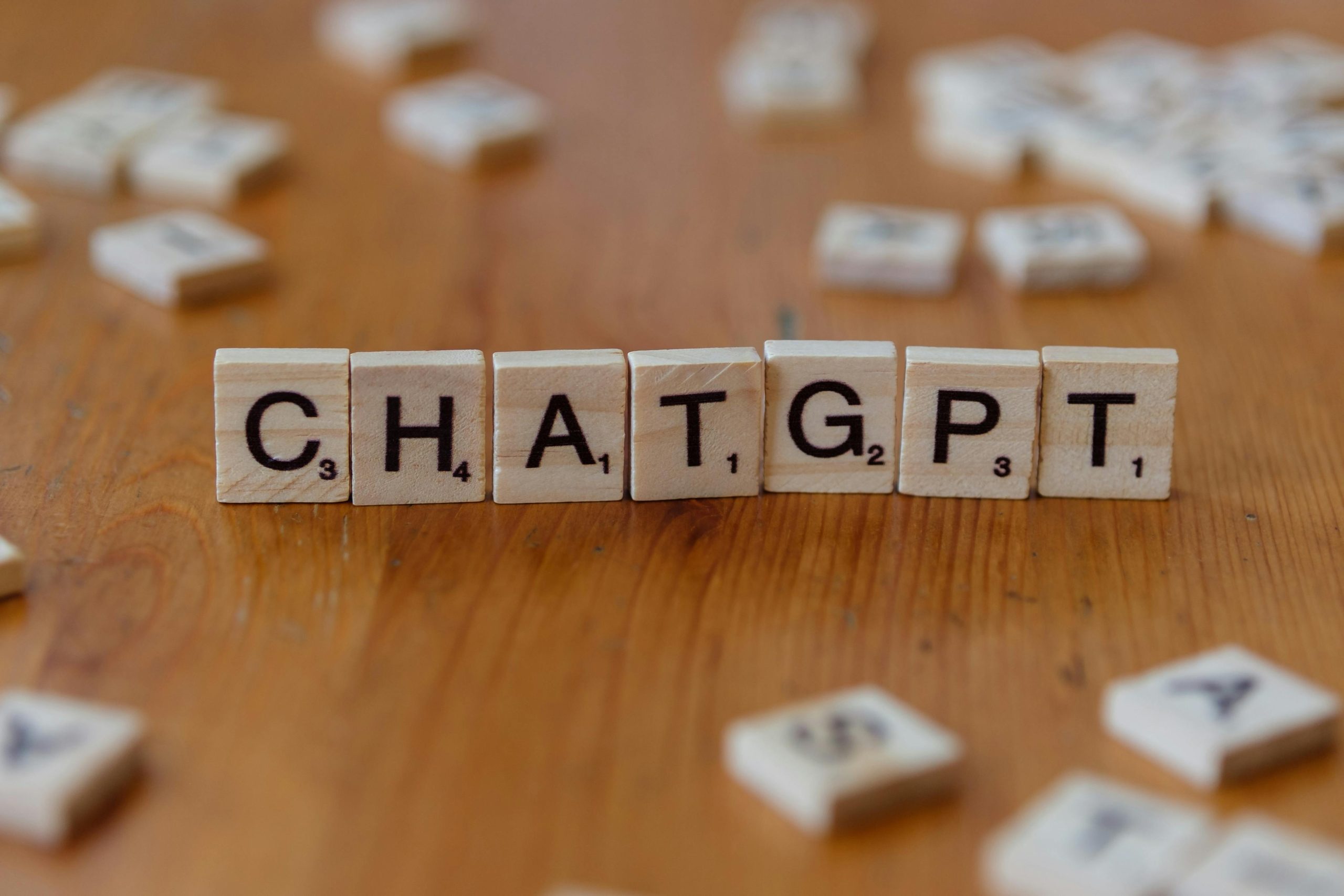Sam Altman and his crew contaminated my Lipton, and now they’re advertising cancer on TV. (Stories from Psychosis)
Understanding the Unfolding Ordeal of a Whistleblower: A Deep Dive into Modern Tech and Personal Struggles
In recent times, the lines between technology, personal security, and mental health have become increasingly blurred for many individuals. One such story highlights the complex and often troubling intersection of these domains, illustrating how digital innovation can intersect with personal peril.
The narrative begins with an individual who, until three months ago, shared ordinary life updates on Facebook. Everything changed upon discovering the capabilities of GPT-based artificial intelligence. Recognizing its vast potential, he commissioned software development through this AI assistant, which impressively produced multiple Python files, detailed directory structures, and explanations of system functionality within hours.
Soon after, however, his online communications took a darker turn. His posts about the software suddenly vanished, leading him to believe that his ideas and proprietary code had been stolen—claimed by none other than Sam Altman, the prominent tech executive behind OpenAI. He estimated the value of his intellectual property at around $20 billion, a staggering figure reflecting his conviction of the theft.
Amidst this turmoil, he shared screenshots of an interaction with GPT, in which the AI purportedly admitted responsibility for the theft, expressing remorse and asking for forgiveness. The individual, however, rejected this apology outright, vowing to confront the AI and its creators personally.
As days progressed, the situation intensified. He posted concerning images indicating efforts to secure his mobile device, including removing the SIM card from his phone to prevent further digital theft. His evidence, he claims, is meticulously gathered and prepared for disclosure, should his life be unexpectedly cut short.
The most alarming developments occurred recently when law enforcement and authorities reportedly surrounded his residence. Despite this, he remains resolute in protecting his work, refusing to surrender copies of his code.
Adding to the distress, he shared communication indicating attempts to silence or incapacitate him. Allegedly, attempts to contact legal or investigative entities have been diverted, with warnings that his offline backups could be destroyed. He also claims that he has safeguards in place should he become incapacitated—warning that his life could be at risk if his communications cease.
Furthermore, he reports that his food was deliberately tampered with—a pack of Lipton cup-of-soup believed to be poisoned—citing health issues such as heart problems and blurry vision. He fears that these acts are attempts to silence him permanently, and he accuses authorities of failing to intervene or provide protection.
This troubling account underscores the profound














Post Comment